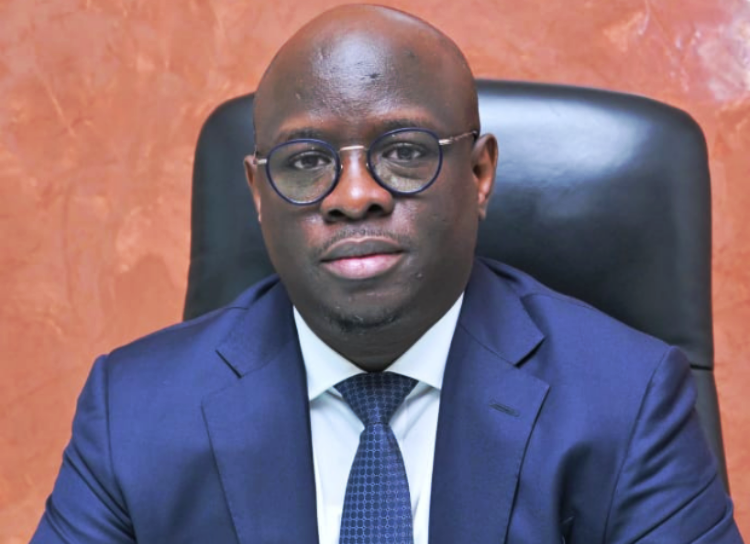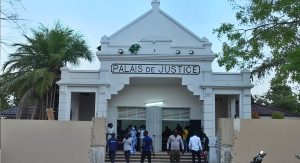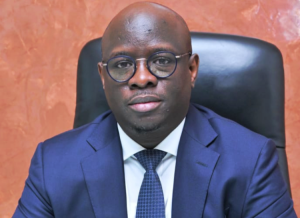Gambiaj.com – (BANJUL, The Gambia) – The Director General of the Gambia Public Utilities Regulatory Authority (PURA), Njogu Bah, announced on Monday that the authority’s most significant project for 2023–2024 is the national number migration from seven to nine digits. This initiative aims to implement an efficient numbering plan and align the country’s telecommunications system with global best practices.
In a press conference, Bah emphasized the importance of this transition, stating, “We believe this will bring about uniformity of numbers for all operators. This will be launched on or before December 31, 2024.” The project, he explained, represents a major undertaking for PURA and is expected to lead to a more streamlined and efficient telecommunications system in The Gambia.
To achieve this ambitious goal, extensive coordination with all telecommunications companies in the country is required to ensure a smooth transition for all users. This includes technical adjustments and updates across various networks and platforms, demanding significant collaboration and synchronization.
A critical component of the migration process is public education. PURA plans to inform the general public about the upcoming changes and provide guidance on how to update their contact information accordingly. Clear communication channels will be essential to addressing any concerns or issues that may arise during the transition period.
However, as the December 31, 2024, deadline approaches, concerns have been raised about the effectiveness of PURA’s communication strategy. Ensuring that the public is well-informed and prepared for the transition remains a pressing challenge for the authority. As the clock ticks, PURA must ramp up its efforts to engage with the public and ensure a seamless shift to the new numbering system.
The successful implementation of this project will mark a significant milestone in The Gambia’s telecommunications sector, fostering greater efficiency and connectivity for all users.
Njogu Bah also addressed the media about several significant challenges faced by the telecommunications sector. Bah emphasized difficulties in regulatory fee payments, ongoing market assessments, and persistent telecommunications scams.
Regulatory Fee Payment Issues
Director Bah highlighted that several GSM operators, including prominent ones like Gamtel and Gamcel, are struggling to meet their regulatory fee obligations. Despite a reduction and revision of the fee amounts, private TV and radio stations also often fail to pay their fees on time. Additionally, there are ongoing issues with the timely submission of audited financial statements, which are crucial for regulatory functions. Gamtel and Gamcel, along with a few other operators, have shown significant difficulties in paying their gateway invoices, further complicating the regulatory landscape.
Non-Interference Policy and Market Assessment
Bah underscored PURA’s non-interference policy in the determination of end-user tariffs in a competitive market. However, when competition does not adequately address consumer concerns, the law permits the regulator to conduct a market assessment study. “Such a study has been completed recently, and the results are currently under review,” Bah stated. This assessment aims to identify market dominance and propose remedies to address any failures. In parallel, PURA is undertaking a cost-of-service study to scientifically determine if the telecom services provided are excessively priced and to recommend appropriate actions.
Telecommunications Network Scams
The issue of telecommunications network scams remains a significant challenge for the sector. Since 2022, PURA has recovered a total of 499,608 Dalasis through cooperation with telecom operators. “To combat this menace, we are deploying major sensitization strategies,” Bah noted. These include the use of social media platforms and influencers to educate the public on identifying and avoiding scams.
Bah’s briefing underscored the complex and multifaceted challenges facing the telecommunications sector in The Gambia. Addressing these issues requires concerted efforts from operators, regulators, and the public to ensure a fair, competitive, and secure telecom environment.










